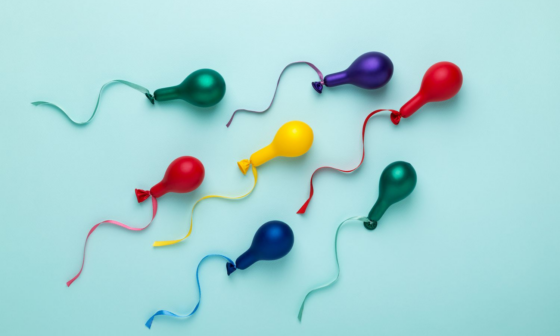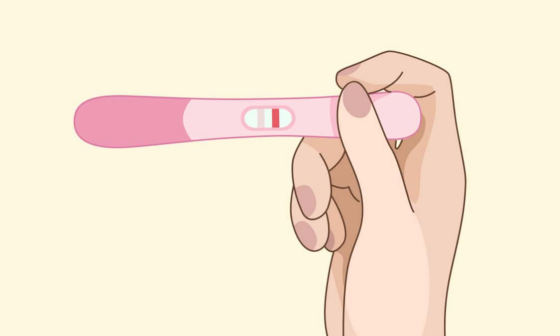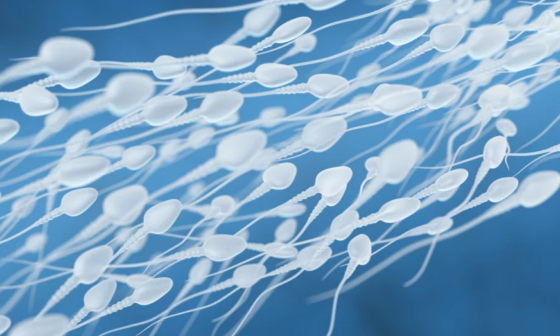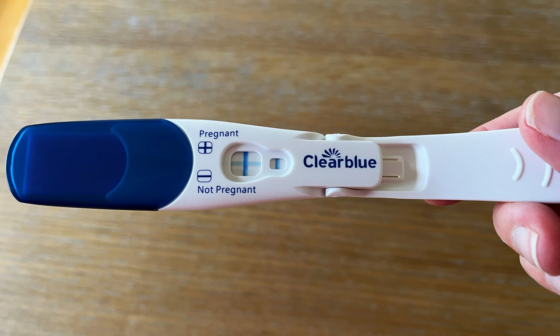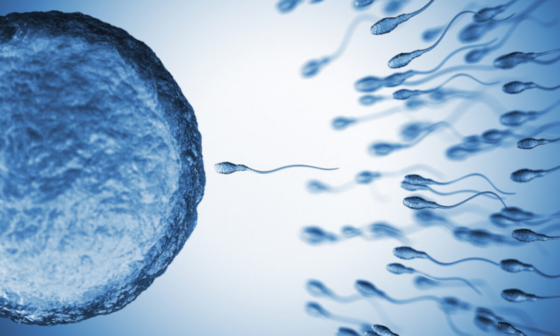Conception is a complex process that depends on various factors, including the health of both partners. One common question among those trying to conceive is: how much sperm is required to get pregnant? In this article, we’ll explore the role of sperm in fertilization, the quantity and quality required, and ways to enhance fertility for successful conception.
The Role of Sperm in Conception
For pregnancy to occur, a single sperm must fertilize an egg. However, the journey to reach and fertilize the egg is fraught with challenges. During ejaculation, millions of sperm are released into the female reproductive tract, but only a fraction make it to the egg.
The average male ejaculate contains between 15 million and 200 million sperm per milliliter, with a total volume of approximately 1.5 to 5 milliliters. While only one sperm is needed to fertilize the egg, millions are essential to increase the chances of success due to biological barriers.
Quantity vs. Quality: What Matters More?
- Sperm Quantity: According to the World Health Organization (WHO), a sperm concentration above 15 million sperm per milliliter is considered normal for natural conception. Anything below this threshold is referred to as oligospermia, which may reduce the likelihood of pregnancy.
- Sperm Quality: Quality is just as important as quantity. Key parameters include:
- Motility: The ability of sperm to swim effectively toward the egg. At least 40% of sperm should demonstrate normal motility.
- Morphology: The shape and structure of sperm. Ideally, over 4% of sperm should have a normal shape.
Together, these factors determine the likelihood of a sperm successfully reaching and fertilizing an egg.
Factors That Influence Fertilization
- Timing of Ovulation:
- The egg is viable for 12 to 24 hours after ovulation. Sperm, however, can survive in the female reproductive tract for up to five days if cervical mucus conditions are favorable.
- Timing intercourse during the fertile window (5 days before ovulation and the day of ovulation) significantly increases the chances of conception.
- Cervical Mucus:
- Cervical mucus changes during ovulation to become more sperm-friendly, providing an optimal environment for sperm survival and transport.
- Healthy Reproductive System:
- Both partners need a healthy reproductive system to facilitate fertilization. Conditions like blocked fallopian tubes or low sperm motility can impede the process.
Enhancing Fertility
If you’re trying to conceive, the following tips can improve sperm health and increase your chances of success:
- Maintain a Healthy Diet: Consume foods rich in antioxidants, zinc, and omega-3 fatty acids.
- Exercise Regularly: Moderate physical activity improves hormonal balance and sperm quality.
- Avoid Harmful Substances: Limit alcohol consumption, avoid tobacco, and steer clear of recreational drugs.
- Manage Stress: Chronic stress can affect sperm production and overall fertility.
- Seek Medical Advice: Consult a fertility specialist if you’ve been trying to conceive for over a year without success.
Common Myths and Misconceptions
- Myth: A high sperm count guarantees pregnancy.
- Reality: While a high sperm count improves chances, sperm quality is equally critical.
- Myth: Frequent ejaculation reduces fertility.
- Reality: Regular ejaculation helps maintain healthy sperm. However, excessive frequency may slightly lower sperm count temporarily.
Frequently Asked Questions
1. Can pregnancy occur with a low sperm count?
Yes, pregnancy is still possible with a low sperm count, though it may take longer. Medical treatments like intrauterine insemination (IUI) or in vitro fertilization (IVF) can improve chances.
2. How can sperm motility be improved?
Lifestyle changes like eating a healthy diet, exercising, and reducing stress can enhance motility. Supplements containing CoQ10 and vitamin C may also help.
3. Is there an optimal frequency for intercourse to conceive?
For most couples, having intercourse every 2-3 days during the fertile window maximizes the chances of conception.
Although only one sperm is required to fertilize an egg, millions of sperm are needed to overcome the natural challenges of conception. Maintaining a healthy lifestyle, timing intercourse appropriately, and seeking medical advice when necessary can significantly improve your chances of conceiving. If you’re facing difficulties, don’t hesitate to consult a fertility specialist for personalized guidance.
By understanding the importance of both sperm quantity and quality, you’re better equipped to navigate the journey toward parenthood. For more detailed insights and expert advice, explore our other articles on fertility and reproductive health.

